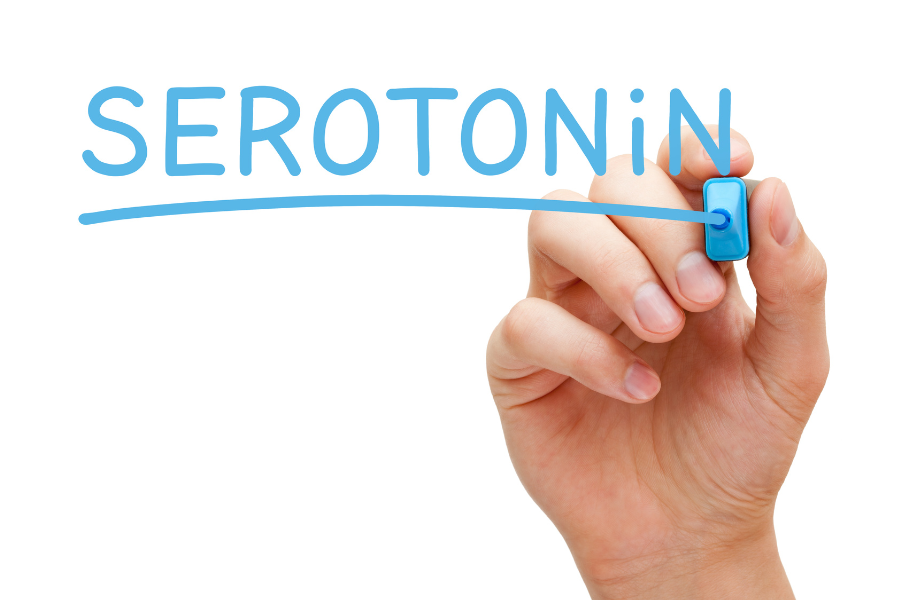Selective serotonin reuptake inhibitors (SSRIs) are widely prescribed for depression and anxiety disorders. However, while these medications are effective in managing mental health conditions, they often come with what can be viewed as a significant downside – sexual dysfunction. This side effect can affect both men and women, impacting sexual desire, arousal, and satisfaction. Understanding these effects and potential strategies for management is crucial for individuals experiencing SSRI-induced sexual dysfunction.
How SSRIs Affect Sexual Function
SSRIs work by increasing serotonin levels in the brain, which helps regulate mood. However, serotonin also plays a role in sexual response, and elevated levels can inhibit sexual function. One could experience any of the following:
- Reduced Libido – Patients sometimes experience a decrease in sexual desire while taking SSRIs.
- Arousal Issues – Women can struggle with lubrication, while men may experience erectile dysfunction.
- Delayed or Absent Orgasm – One of the most common complaints I hear from y patients is that they have difficulty achieving an orgasm.
- Reduced Sexual Satisfaction – Even when sexual activity occurs, it may feel less pleasurable or fulfilling while on SSRIs.
Prevalence and Impact
SSRI-induced sexual dysfunction is common, so when starting treatment, patients need to go in well-informed. Sexual side effects can impact relationships, self-esteem, and overall quality of life. In some cases, patients avoid or may even discontinue their SSRI treatment due to the distress caused by these changes in sexual function.
All that said, there are many who prioritize their mental health and the need for them to be anxiety or depression free. Going in educated on what could be, and open communication with your partner is essential to success with SSRIs.
Medication Management Strategies
When my patients do experinece SSRI-related sexual dysfunction, we take up several options to help mitigate these effects:
- Medication Adjustment – Lowering the dosage or switching to a different antidepressant may reduce sexual side effects.
- Scheduled Drug Holidays – Some individuals benefit from temporarily pausing SSRI use under to regain sexual function. This should be done with your prescriber so to be sure you don’t have withdrawl sid effects as well.
- Adjunct Medications – Add medications that can help counteract SSRI-induced erectile dysfunction.
- Behavioral Interventions: Incorporating mindfulness techniques, sex therapy, and lifestyle changes like regular exercise may help improve sexual function.
Conclusion
SSRIs are valuable tools in managing mental health disorders, but their impact on sexual health can’t be overlooked. Understanding the potential effects and exploring management options can help you maintain both mental and sexual well-being. If you are struggling with SSRI-induced sexual dysfunction, talk to your prescriber about options… because there are always options.


